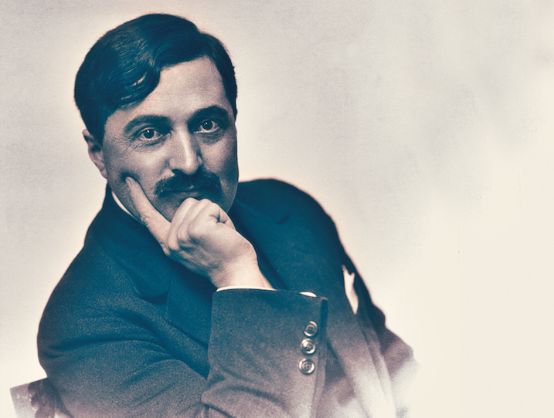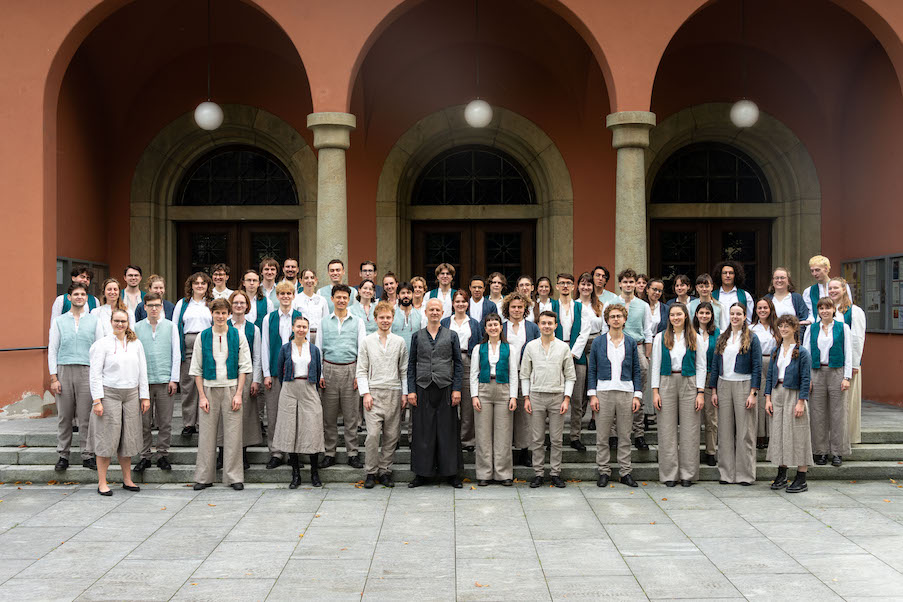Aloÿs Fornerod, from the sacred to the profane
"To define Fornerod's musical identity, it should be situated within the general framework of the vast cultural movement that developed in the aftermath of 1918, and which can be called neoclassicism in a very general sense." Jacques Viret in the cd booklet.

The music of Aloÿs Fornerod (1890-1965) is unfairly overshadowed. This portrait sheds light on a number of scores, some of which richly deserve to be included in the repertoire. A CD released in 2000 by Cascavelle already featured the piano concerto, and other sacred pieces, in historical versions. This latest recording preludes a cappella sacred vocal works. At the helm of the choir of the HEMU, Lausanne and Fribourg sites, Jean-Pierre Chollet perfectly serves this music, putting into perspective the beautiful architecture of the choir house. 7th Tone Mass and motets recorded live.
Fornerod continues in the same spirit with theAve MariaThe beautiful melodic line is interpreted with moving simplicity by soprano Jennifer Pellagaud. Touching the organs of St-Michel (Fribourg), Olga Zhukova uses subtle half-tones, a discreet stained-glass window on this intimate prayer. Listening to these vocal works, the listener is struck by the composer's love of plainchant and Renaissance polyphony. The Four interludes in Gregorian tonesfor organ, obviously continue in this vein. Short and dense, they perfectly fulfill their role of meditation between two liturgical moments. Fornerod, a professor of theory, had to write a fugue for organ. Yet this is far from being a school fugue. There's a concern for inventiveness here, despite the restrictive form. Cyril Julien, on the organ at St-Michel, lends relief and color to pages that are somewhat austere in the face of the outbursts of Fornerod's contemporary organist-composers.
The composer's orchestral work saw him free himself from a certain sobriety imposed by the ecclesiastical setting. Prometheus in chains reveals a more Apollonian side of the composer. The thematic cells are developed with a consummate art of form. At the helm of the HEMU orchestra, Emmanuel Siffert's precision is formidable in this live recording. The piano concerto that follows is the work that best reveals the composer's personality. A subtle orchestrator, Fornerod offers us a concerto full of color. Fornerod's knowledge of Francis Poulenc is evident. Oxana Shevchenko's clear, articulate and refined playing takes us by the hand along the paths of this elegant, very French-inspired music.
Aloÿs Fornerod, a portrait. HEMU Choir & Orchestra; Oxana Shevchenko, piano; Emmanuel Siffert, conductor. Claves CD 1614









